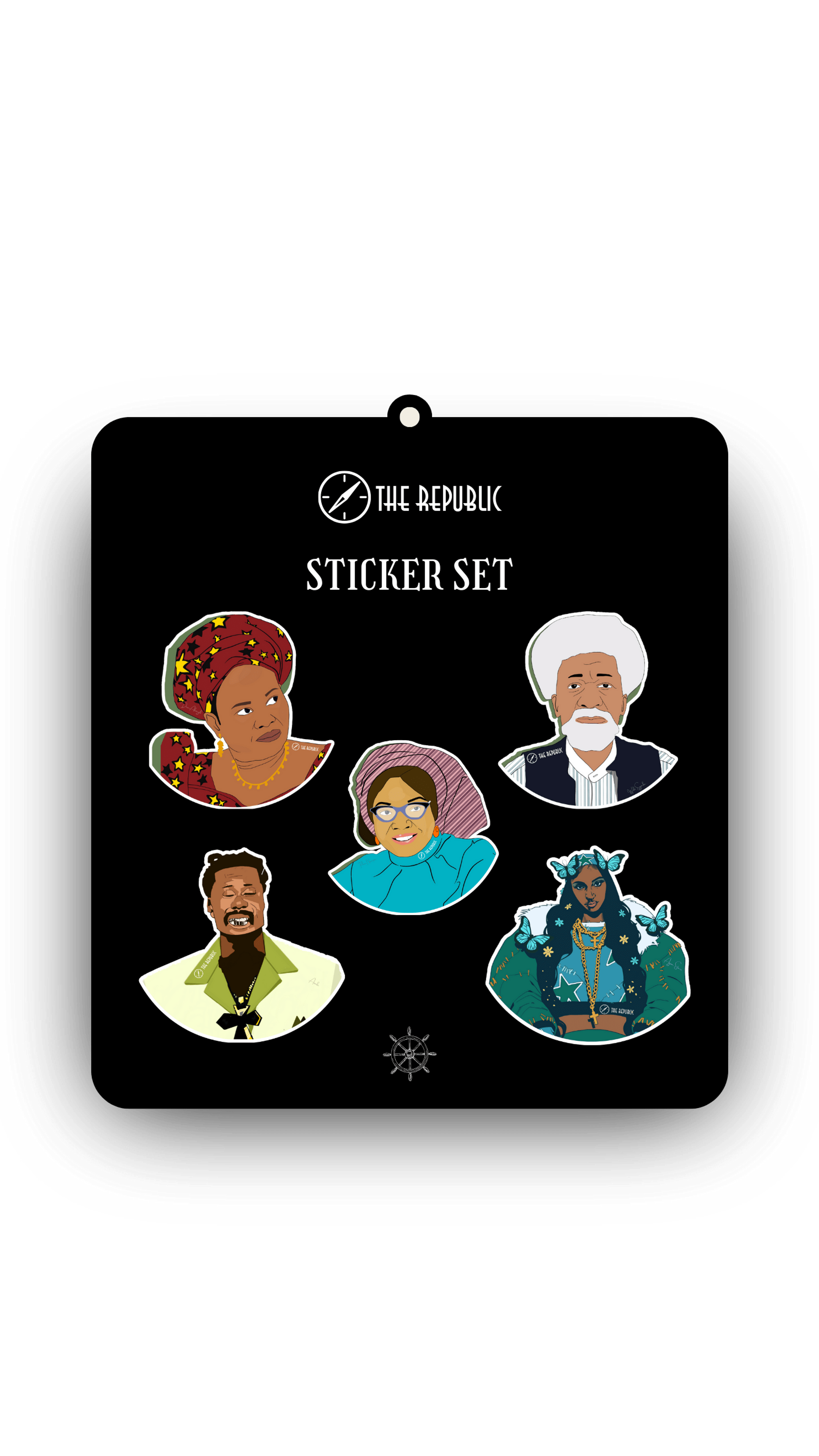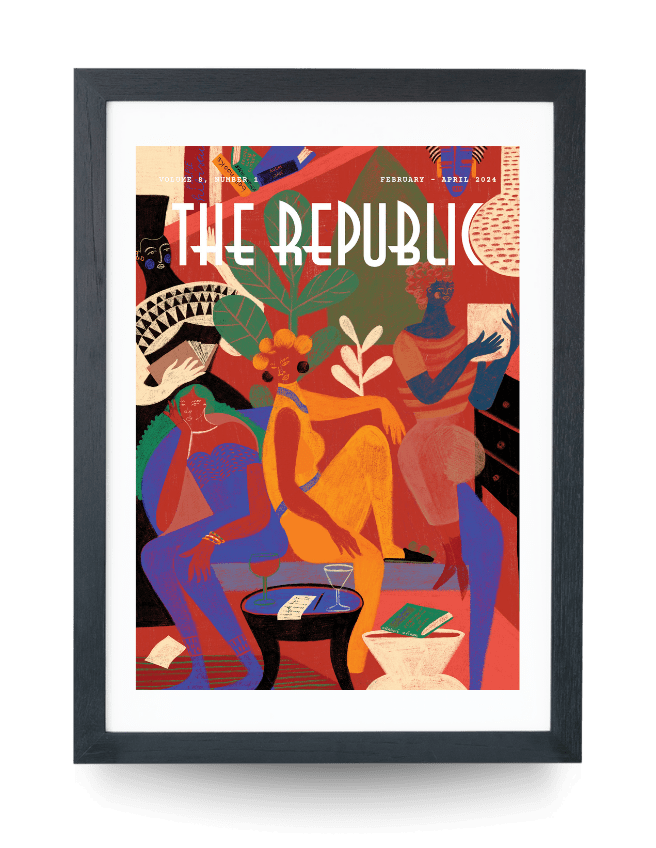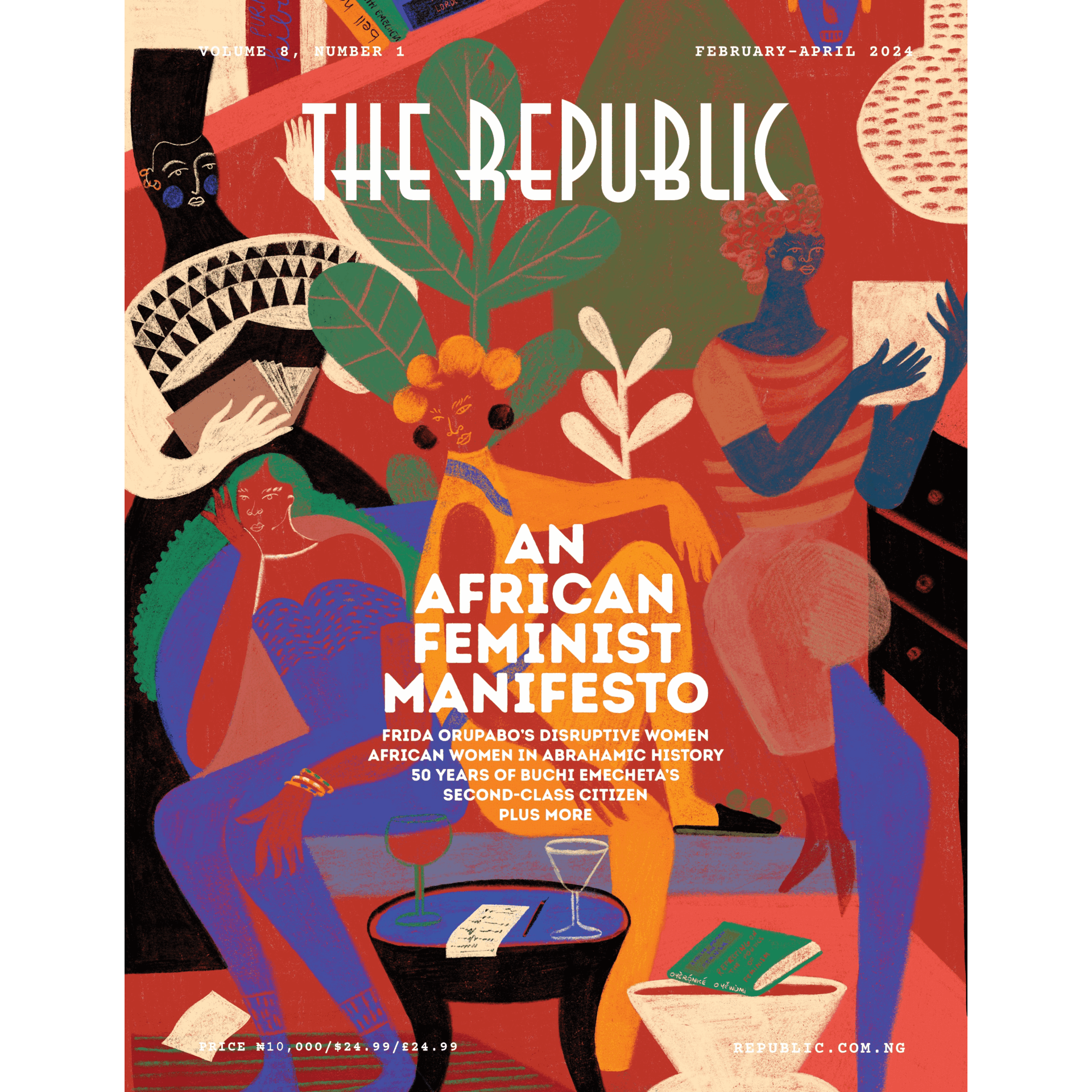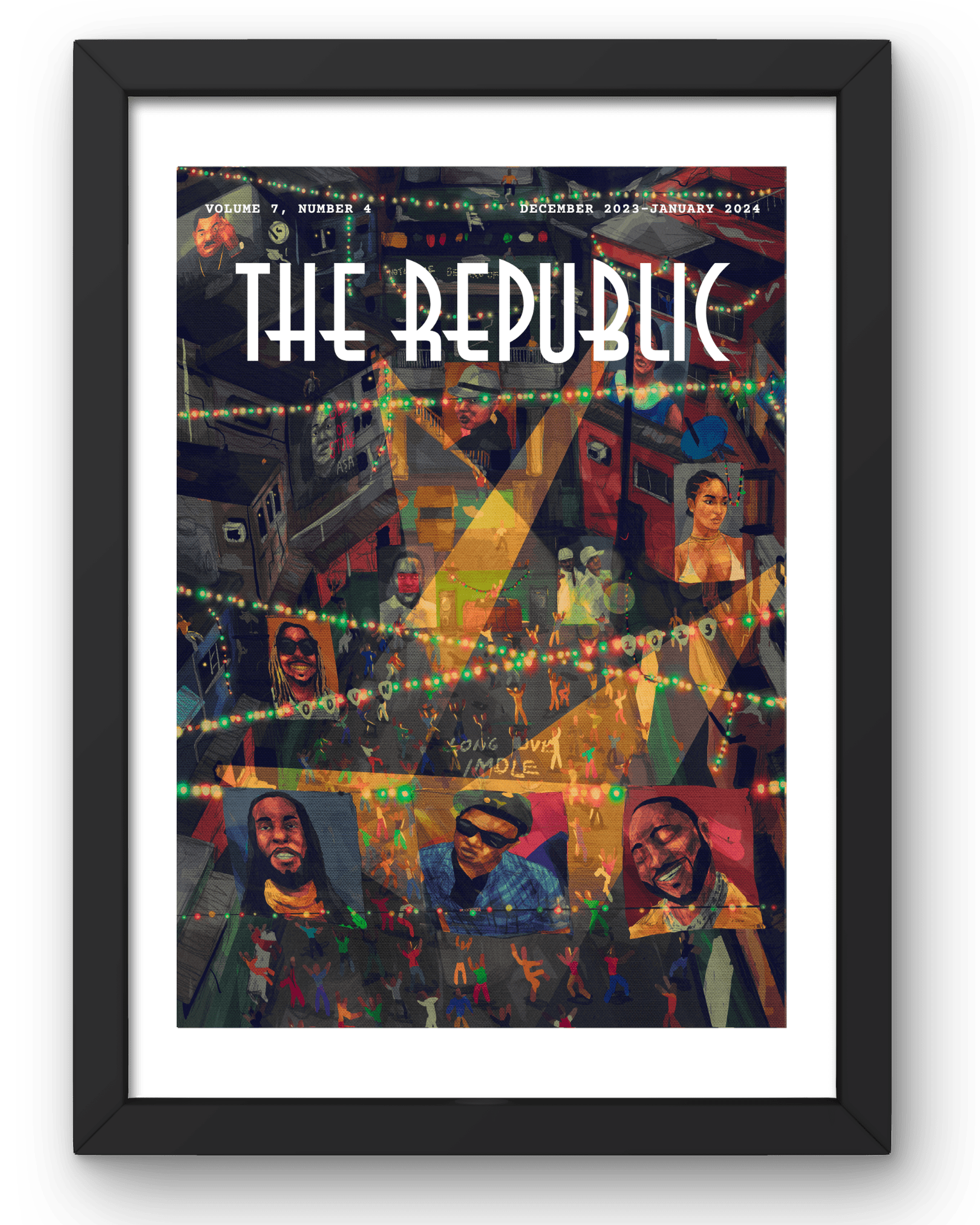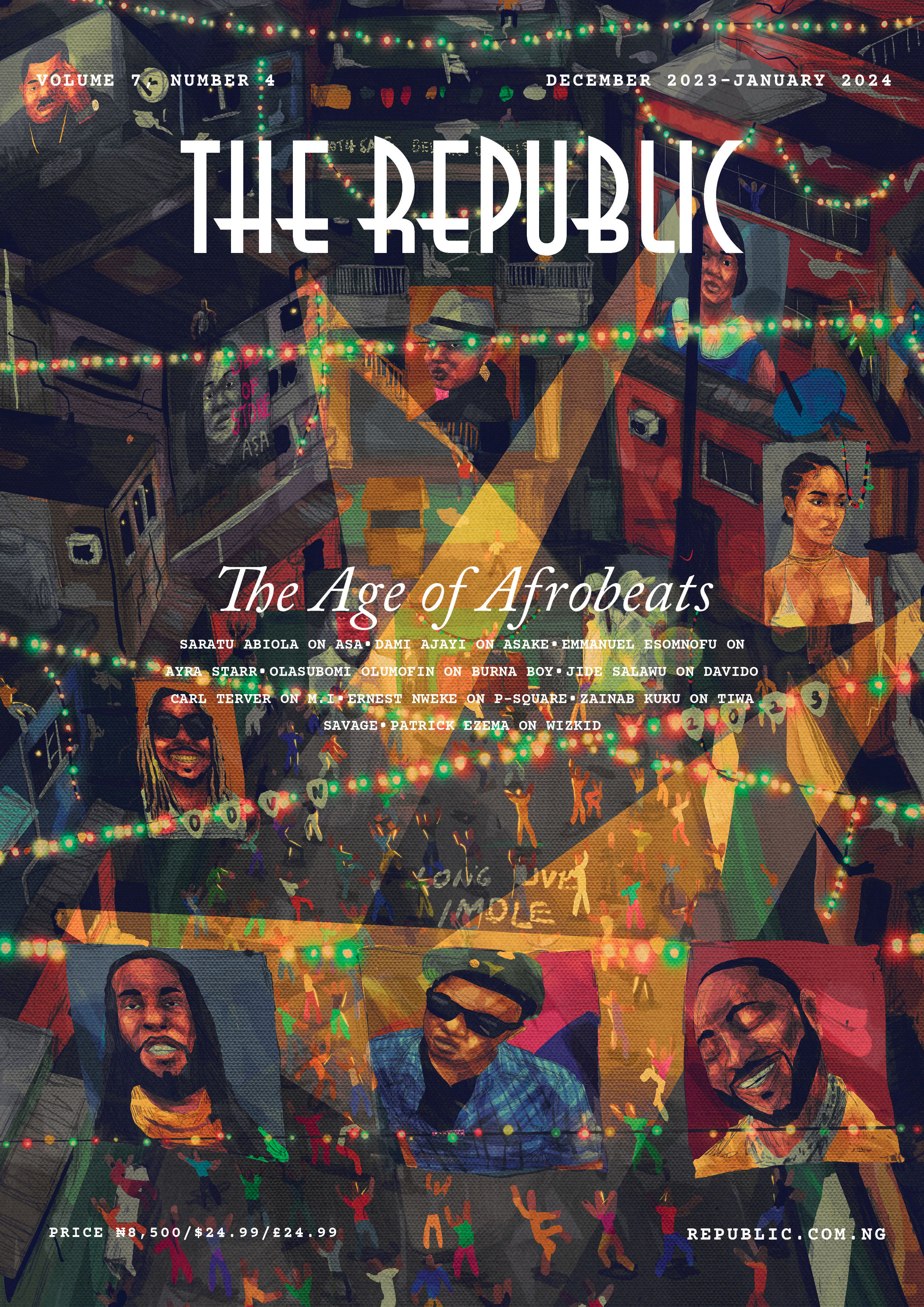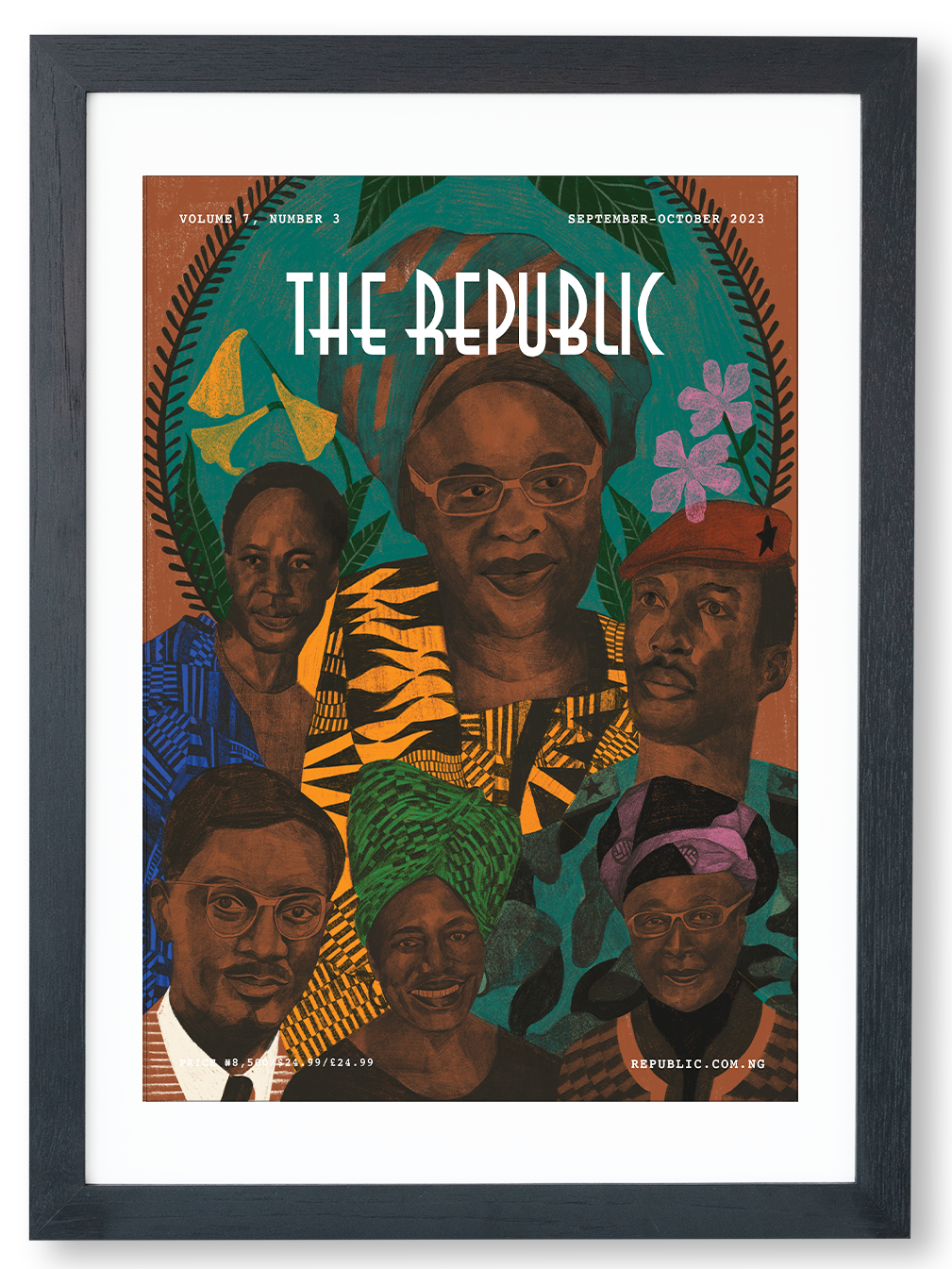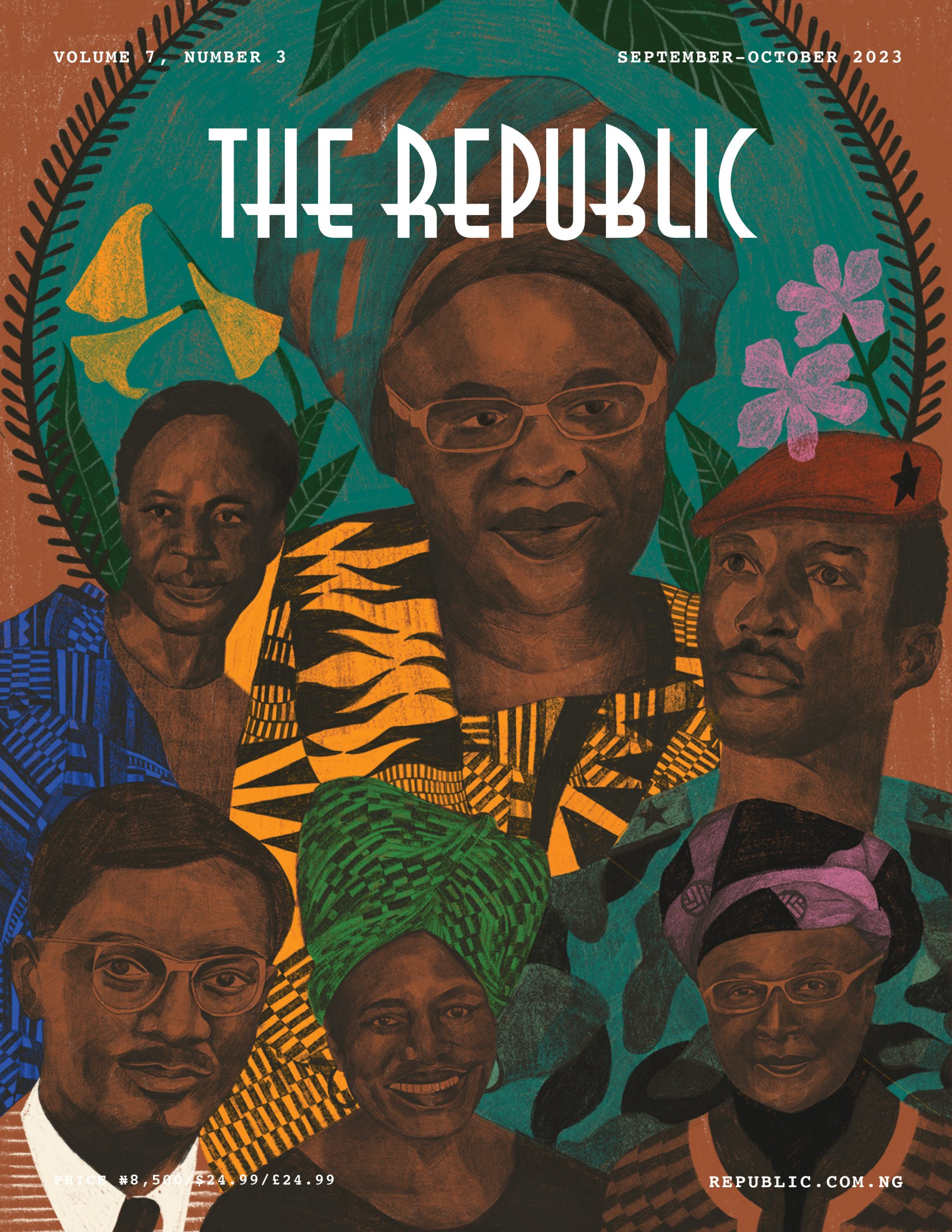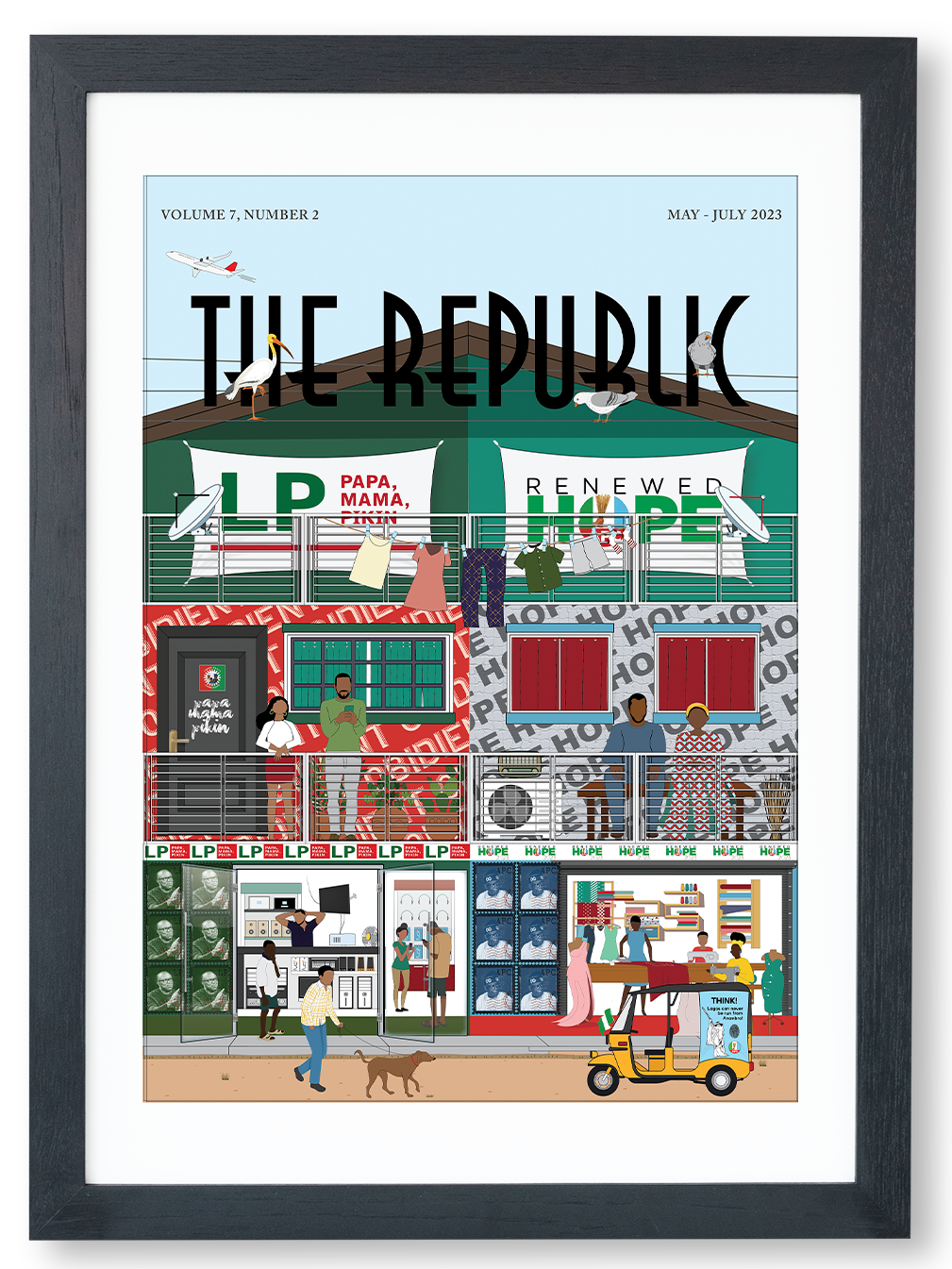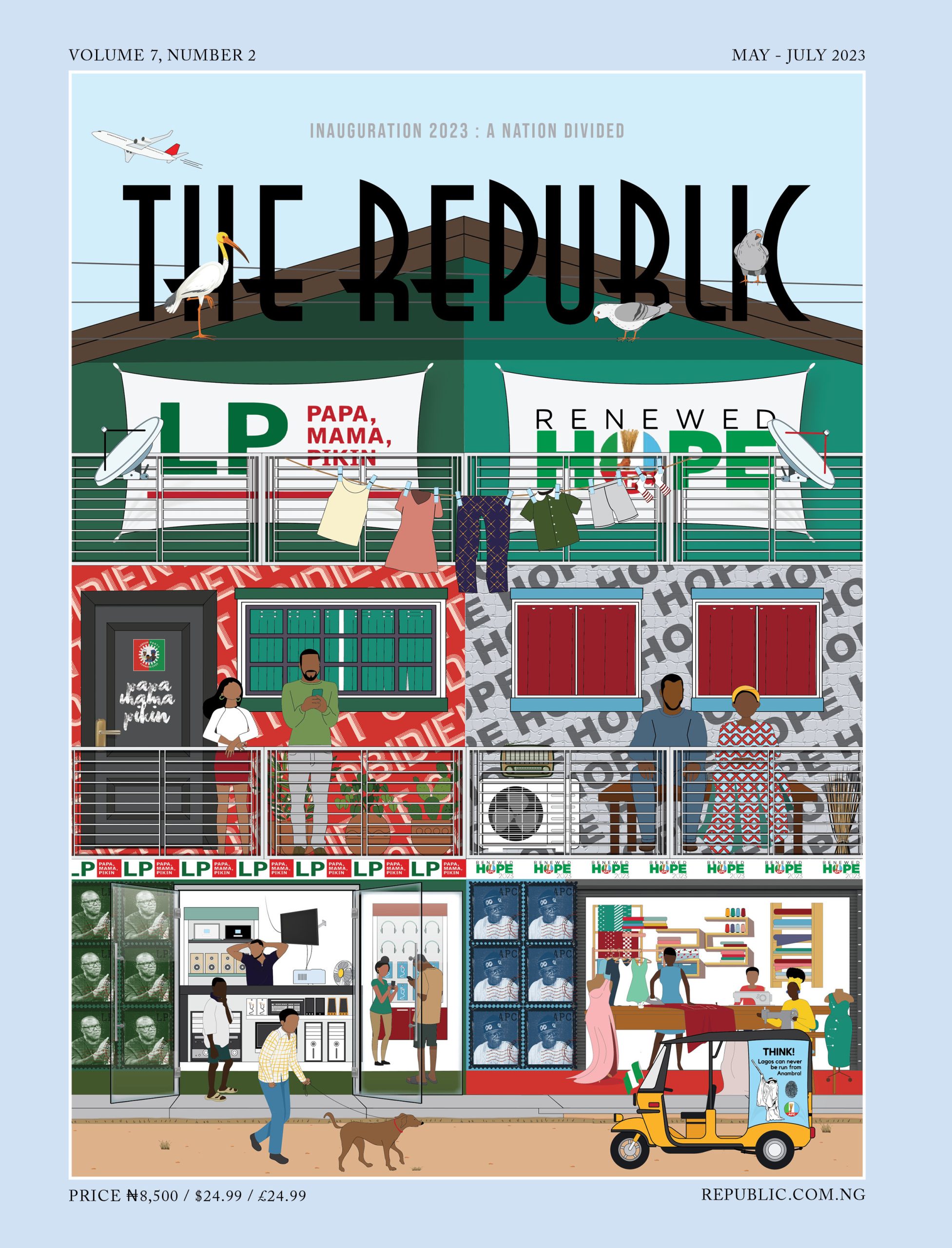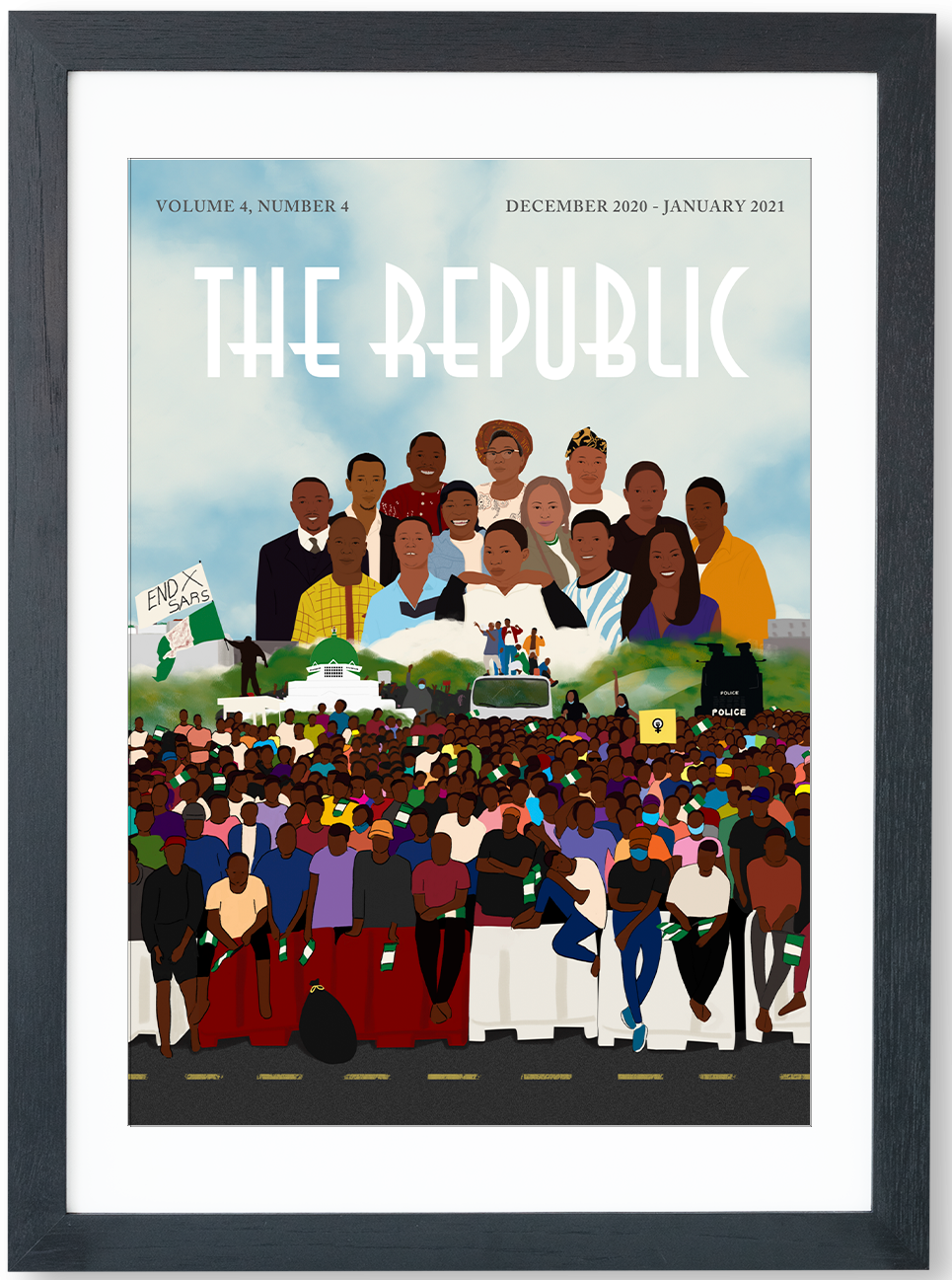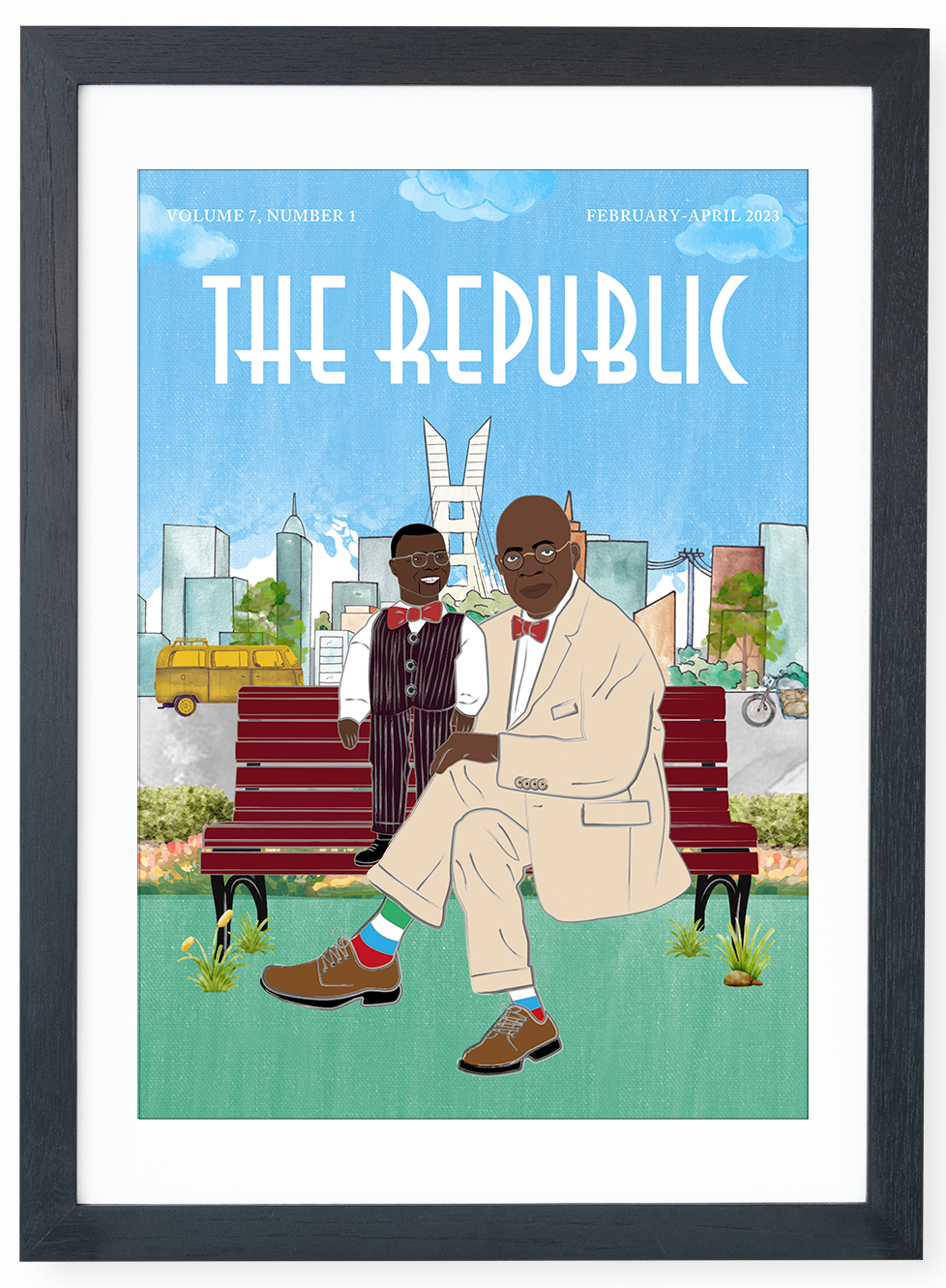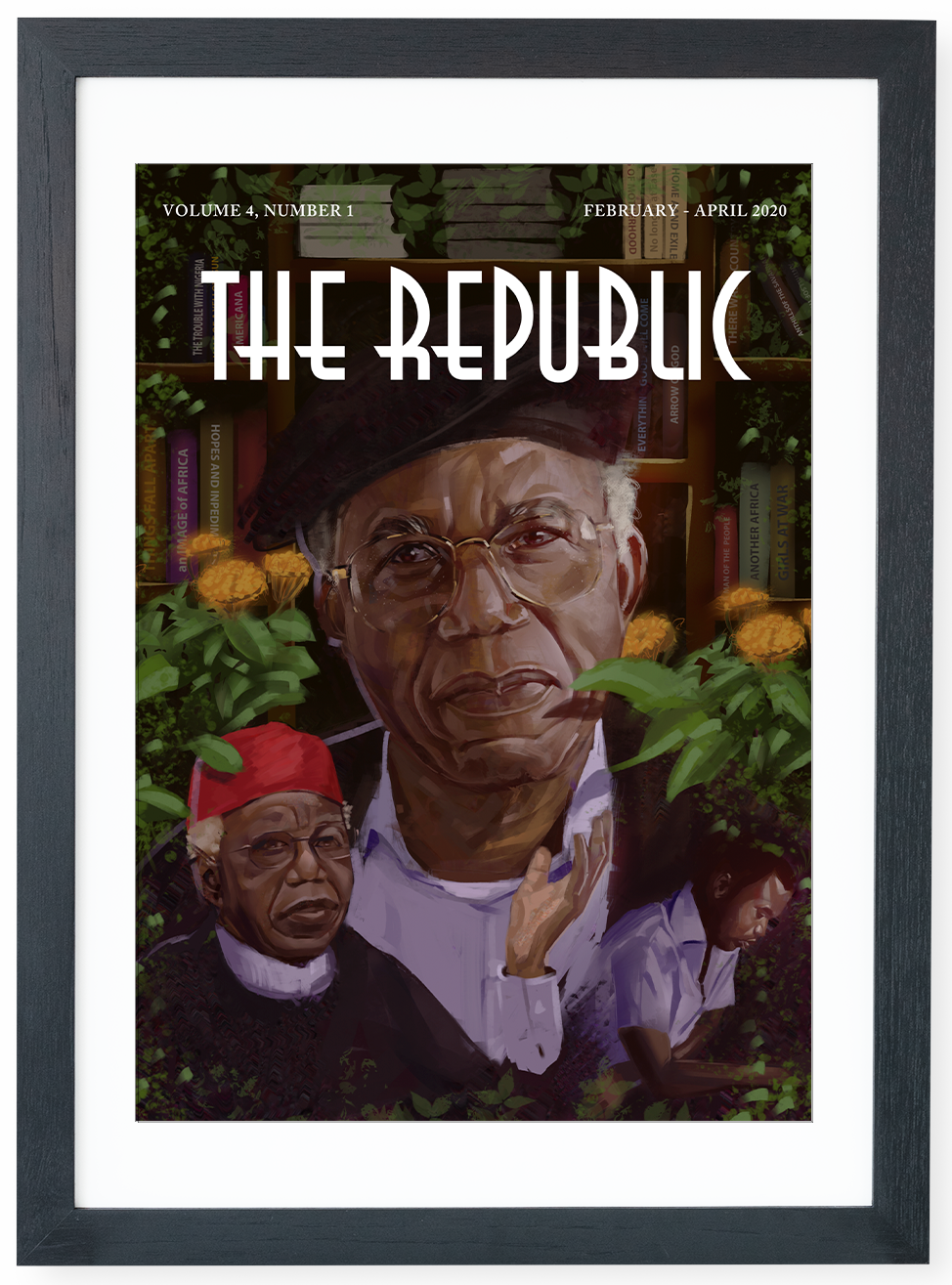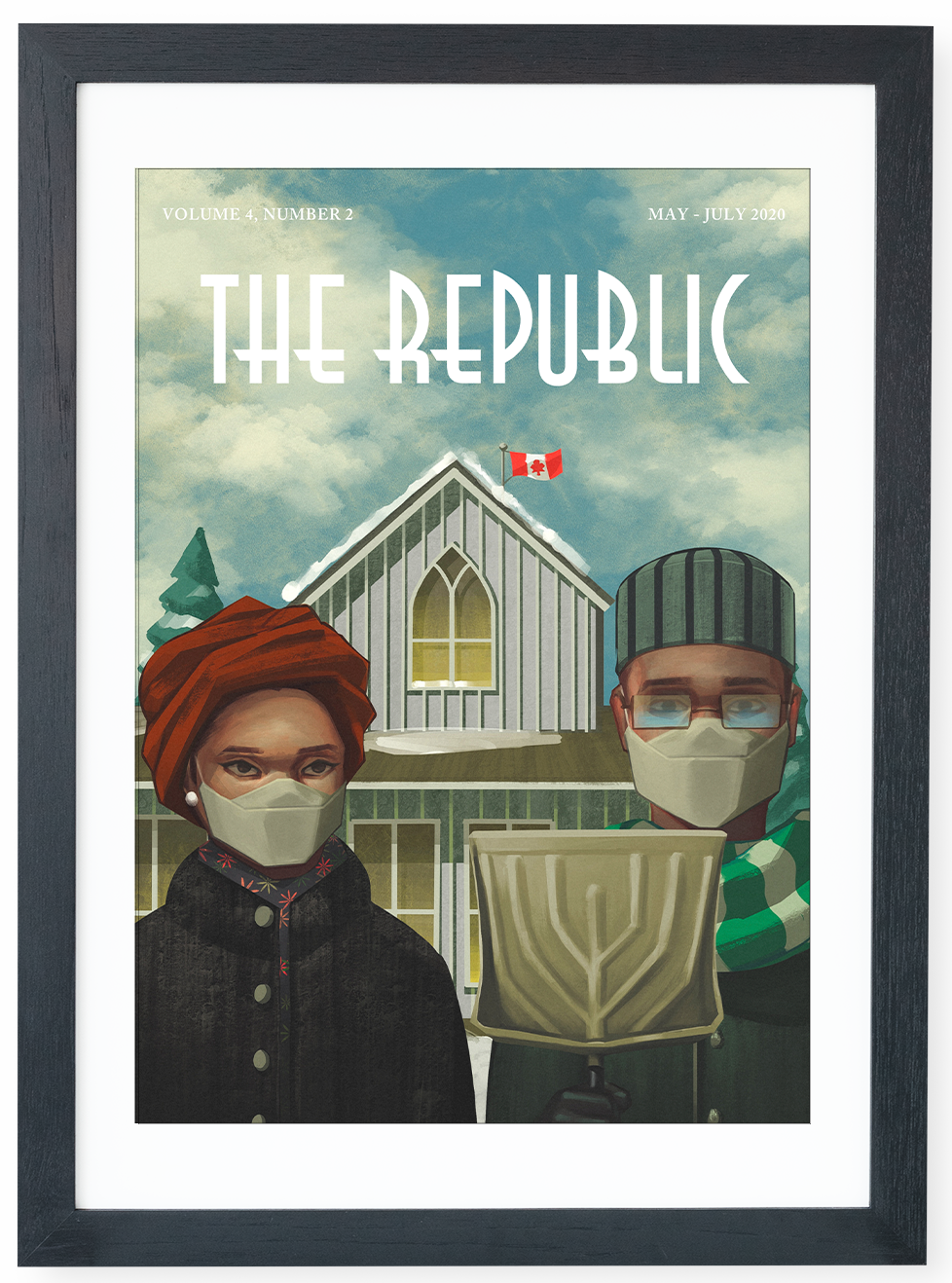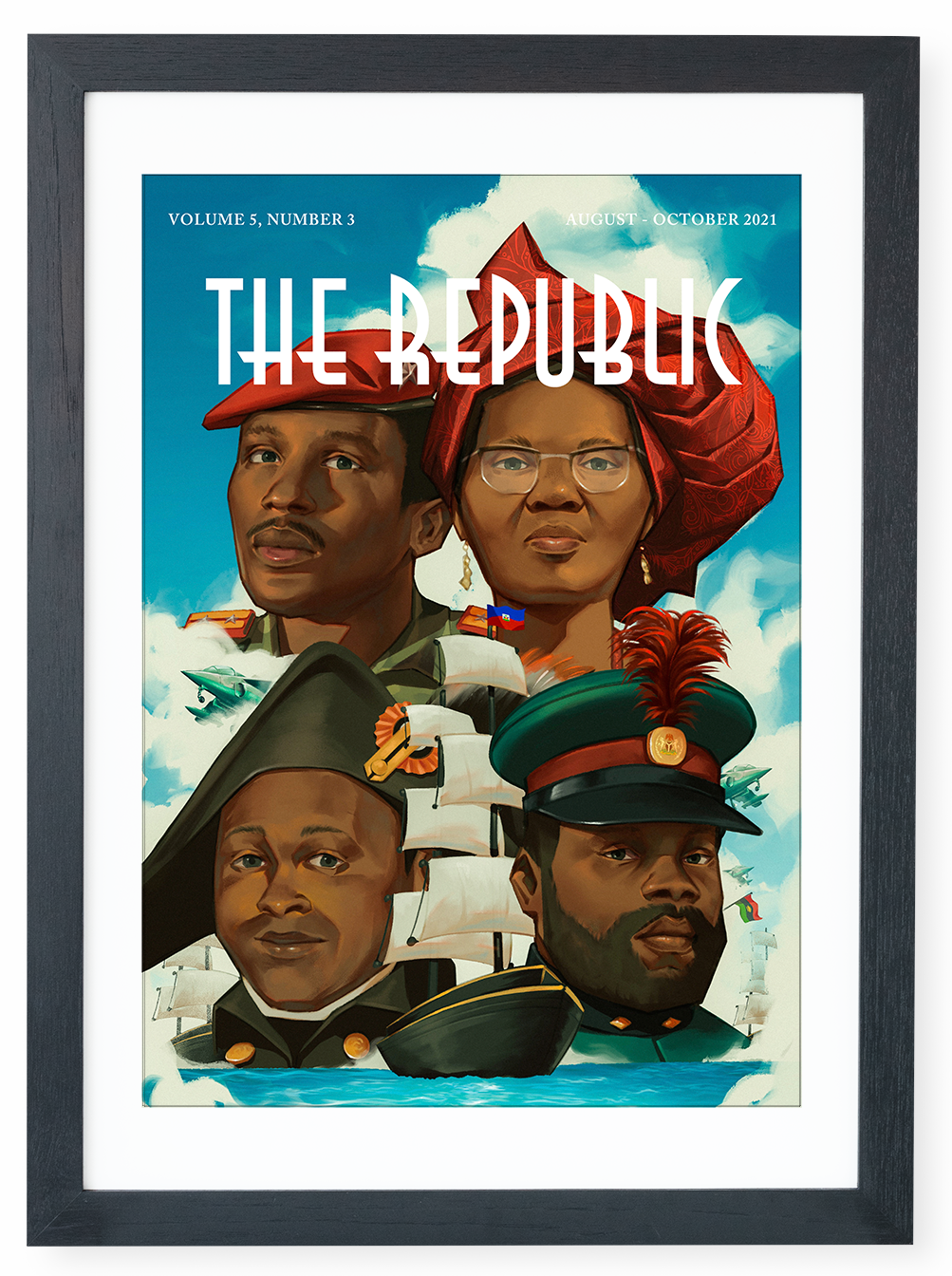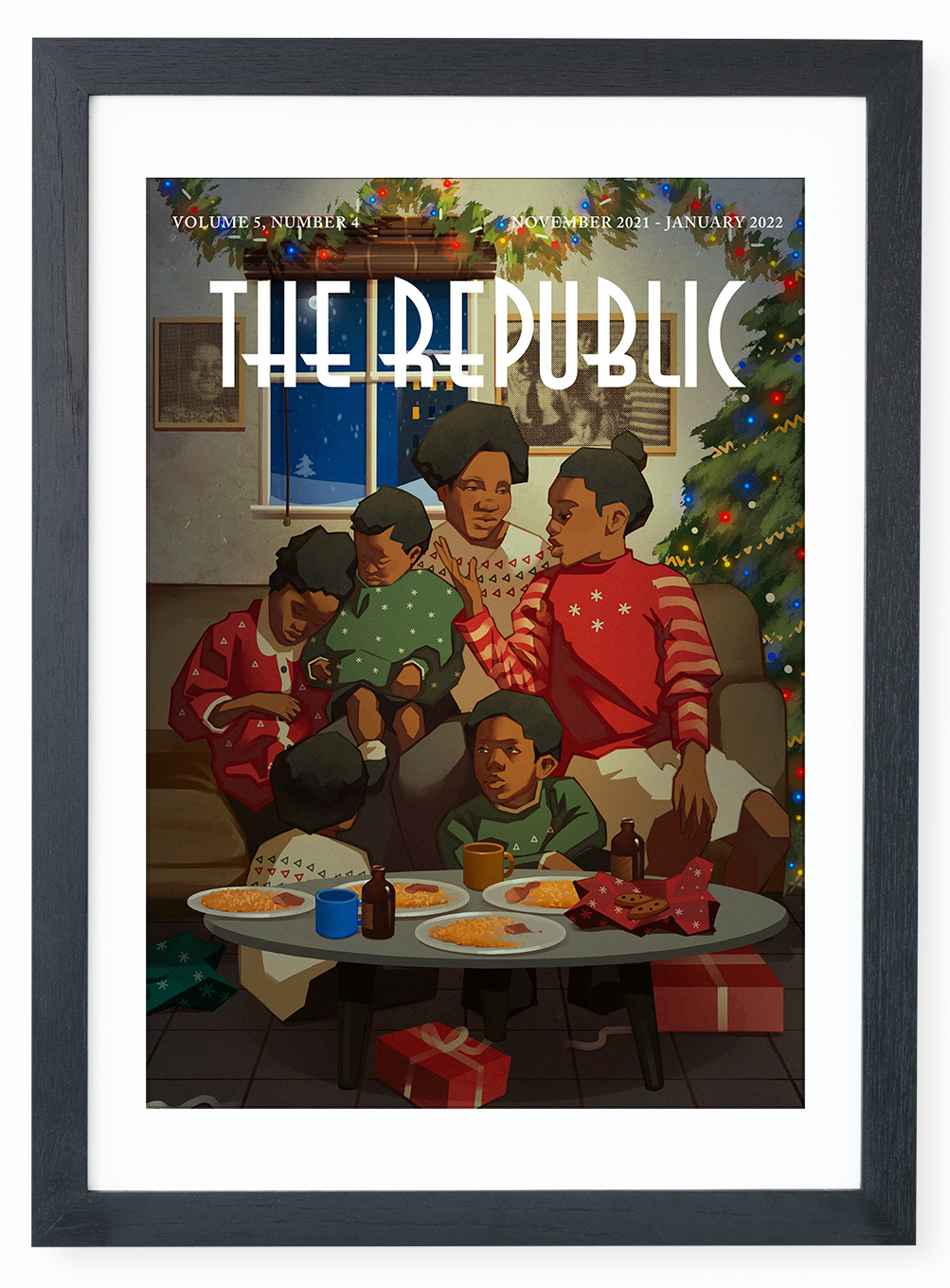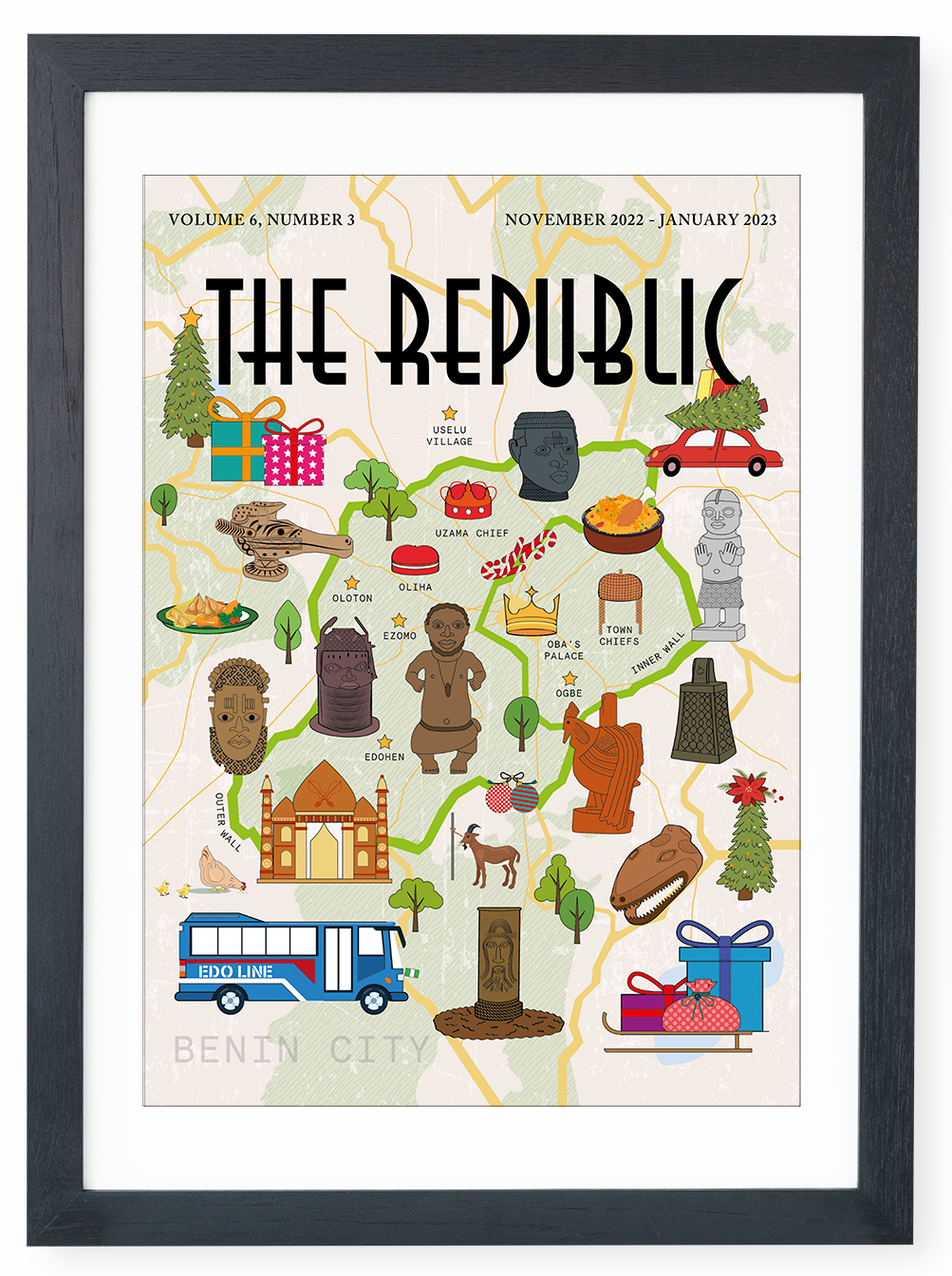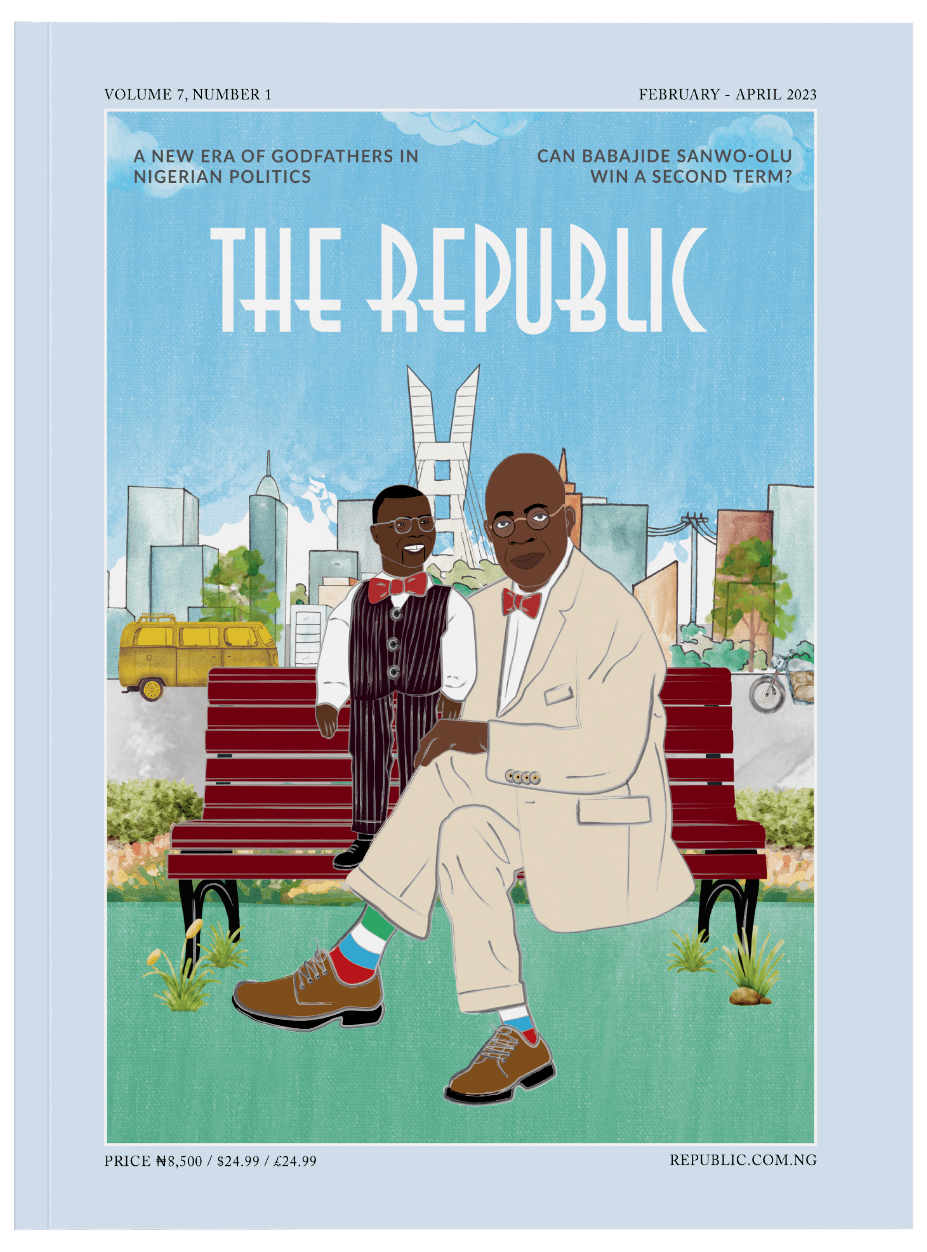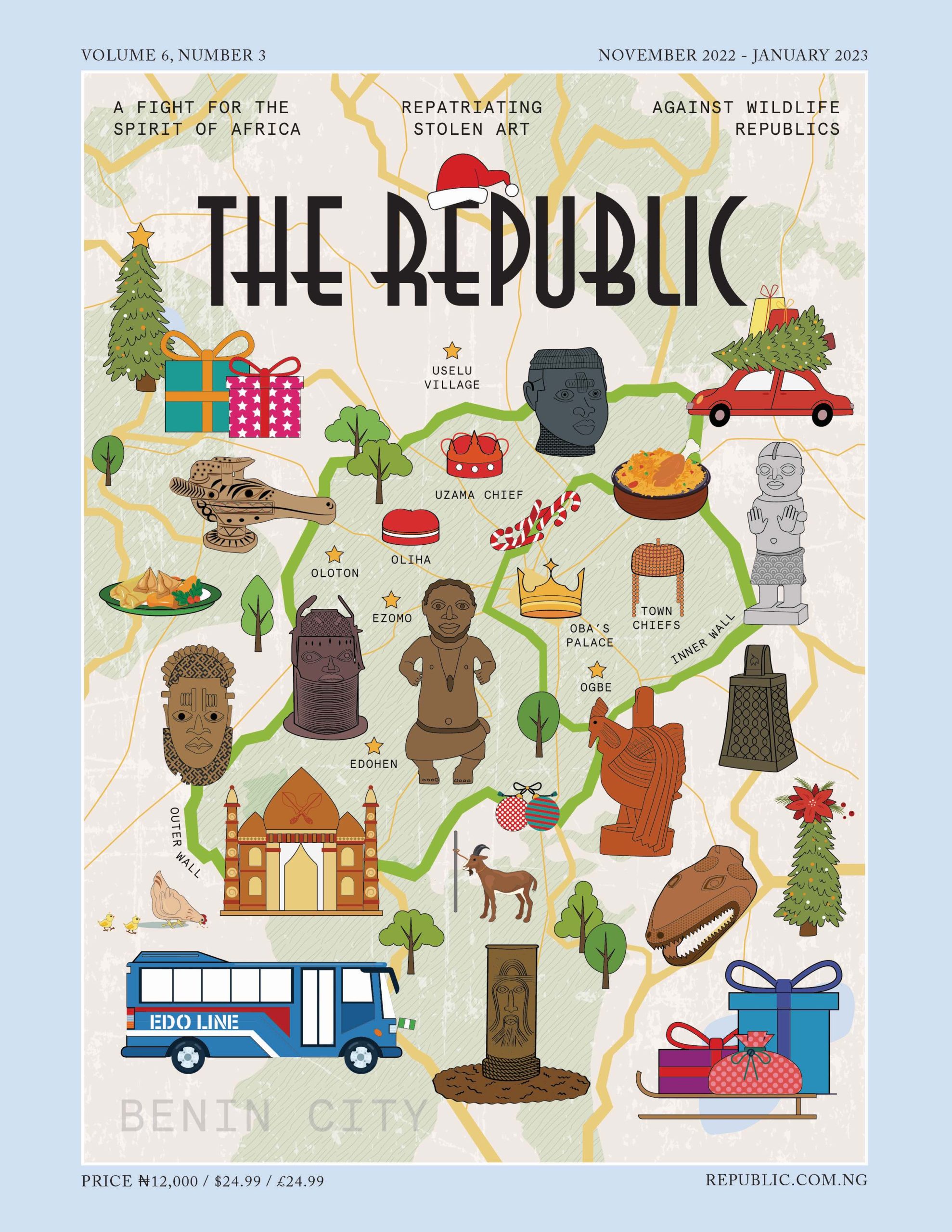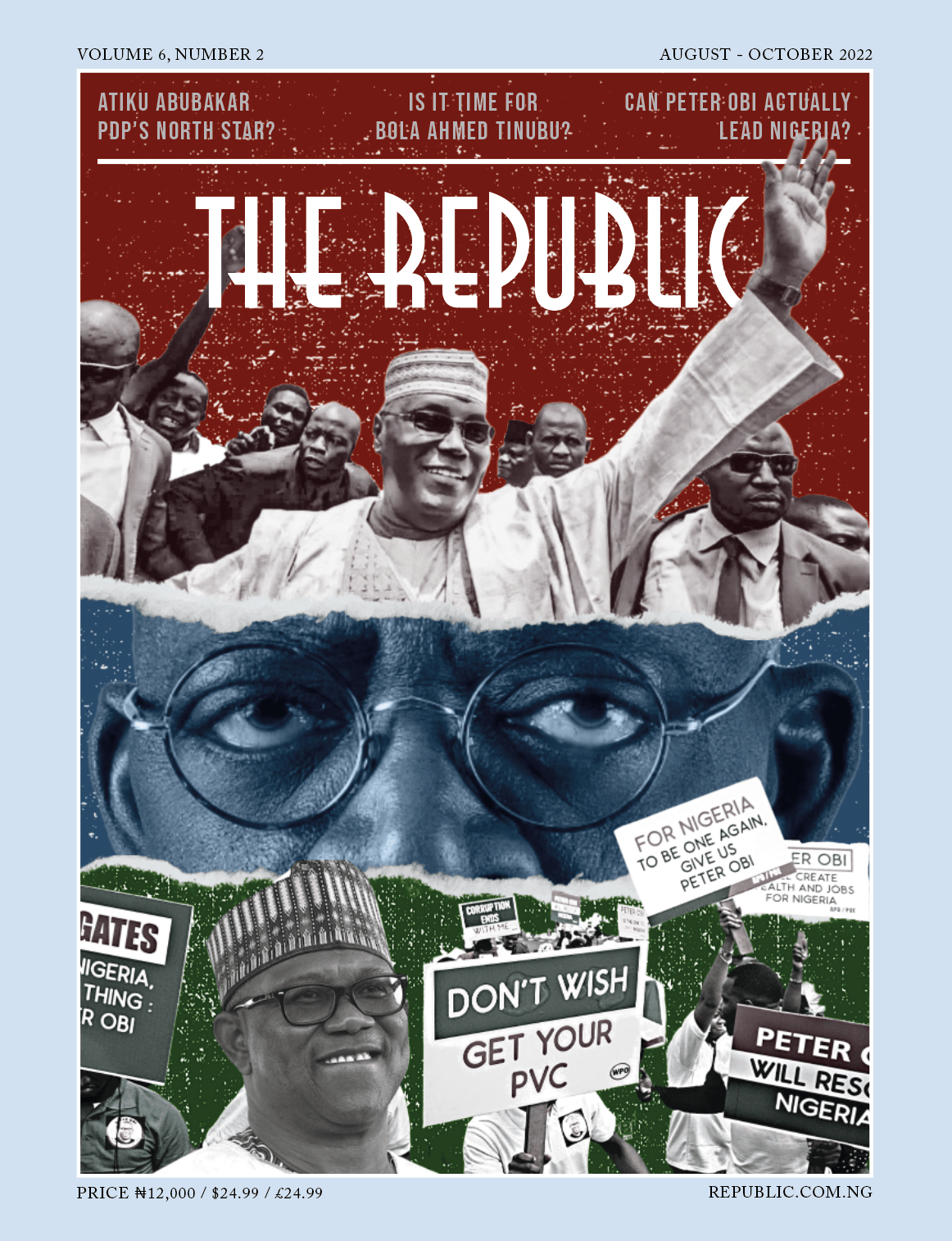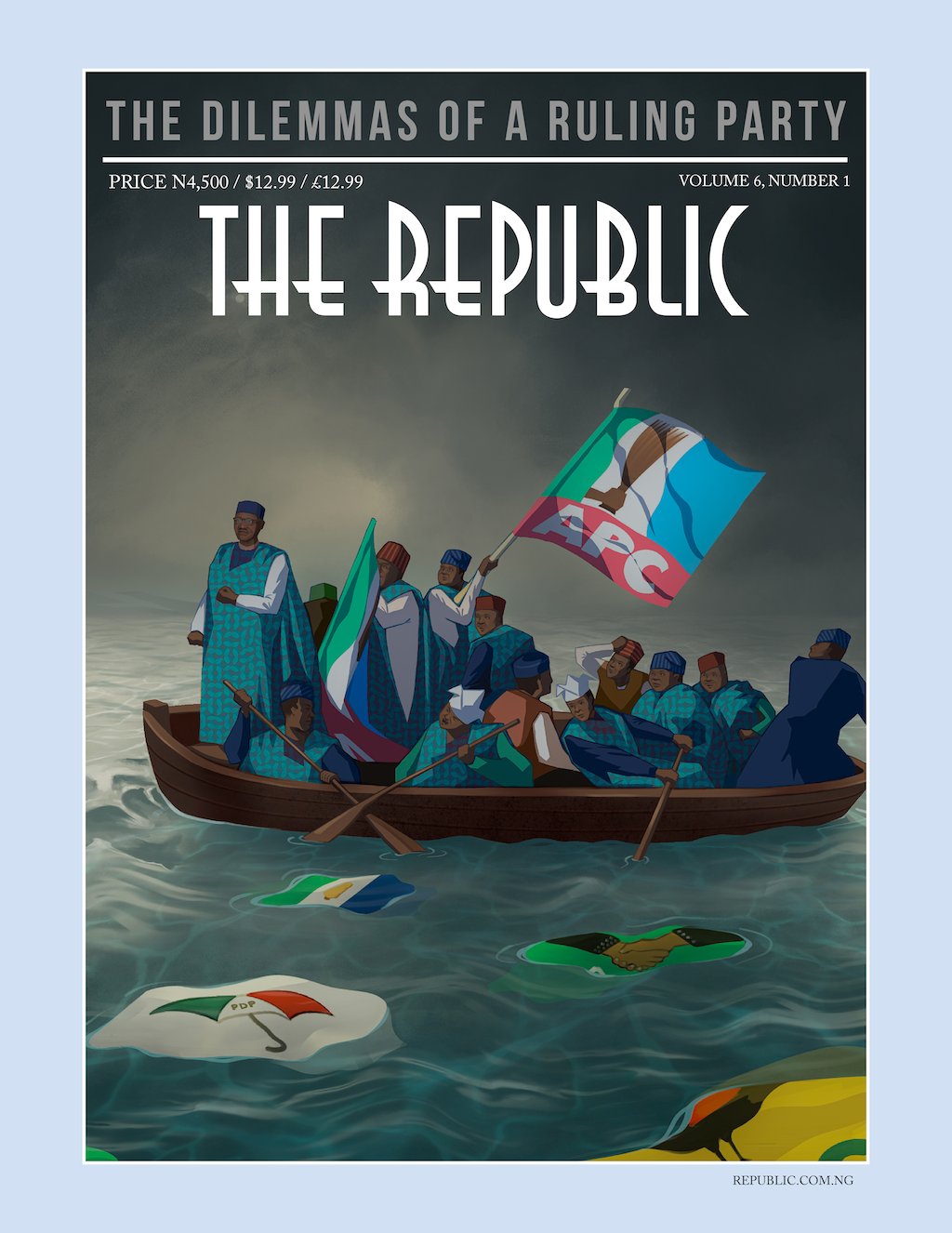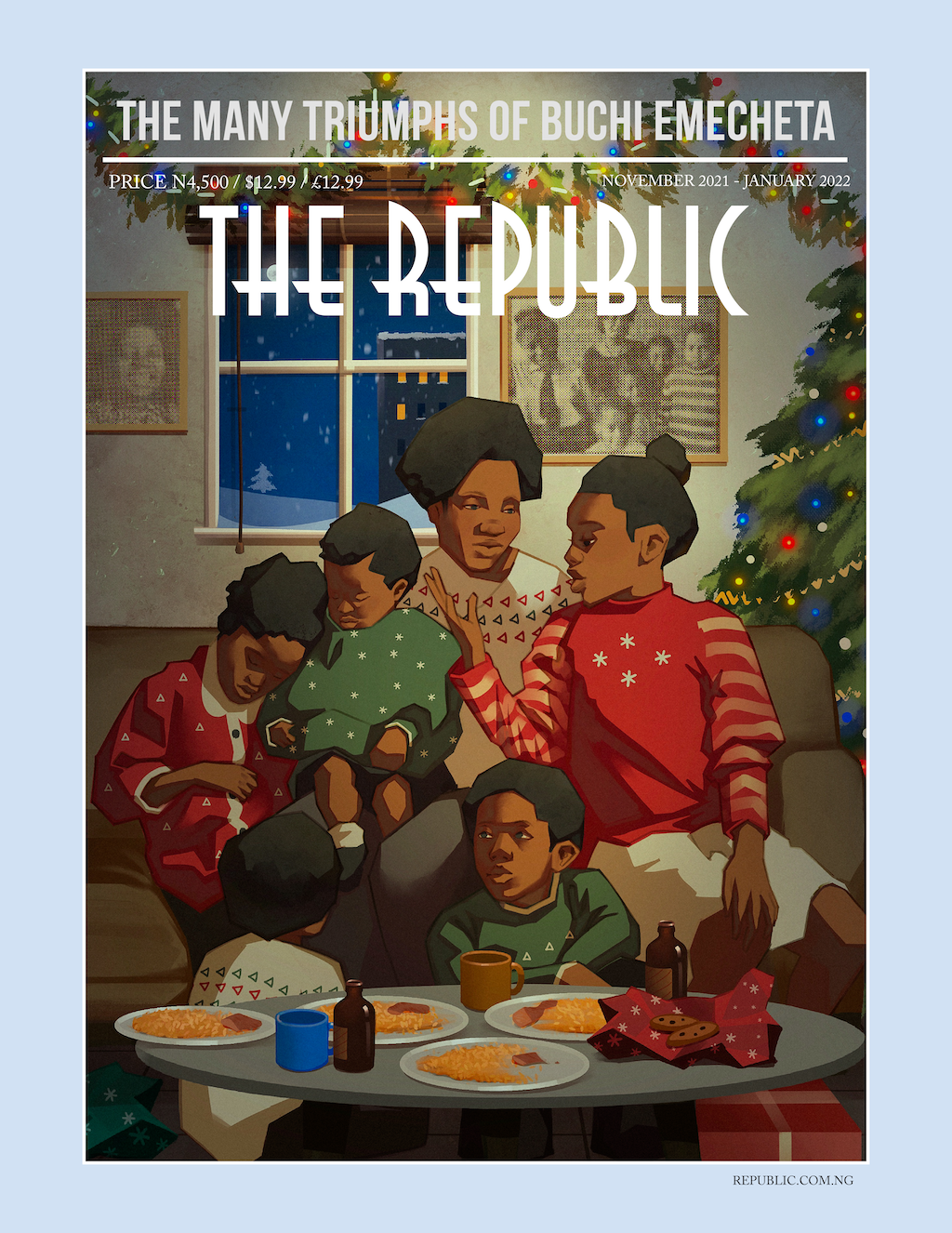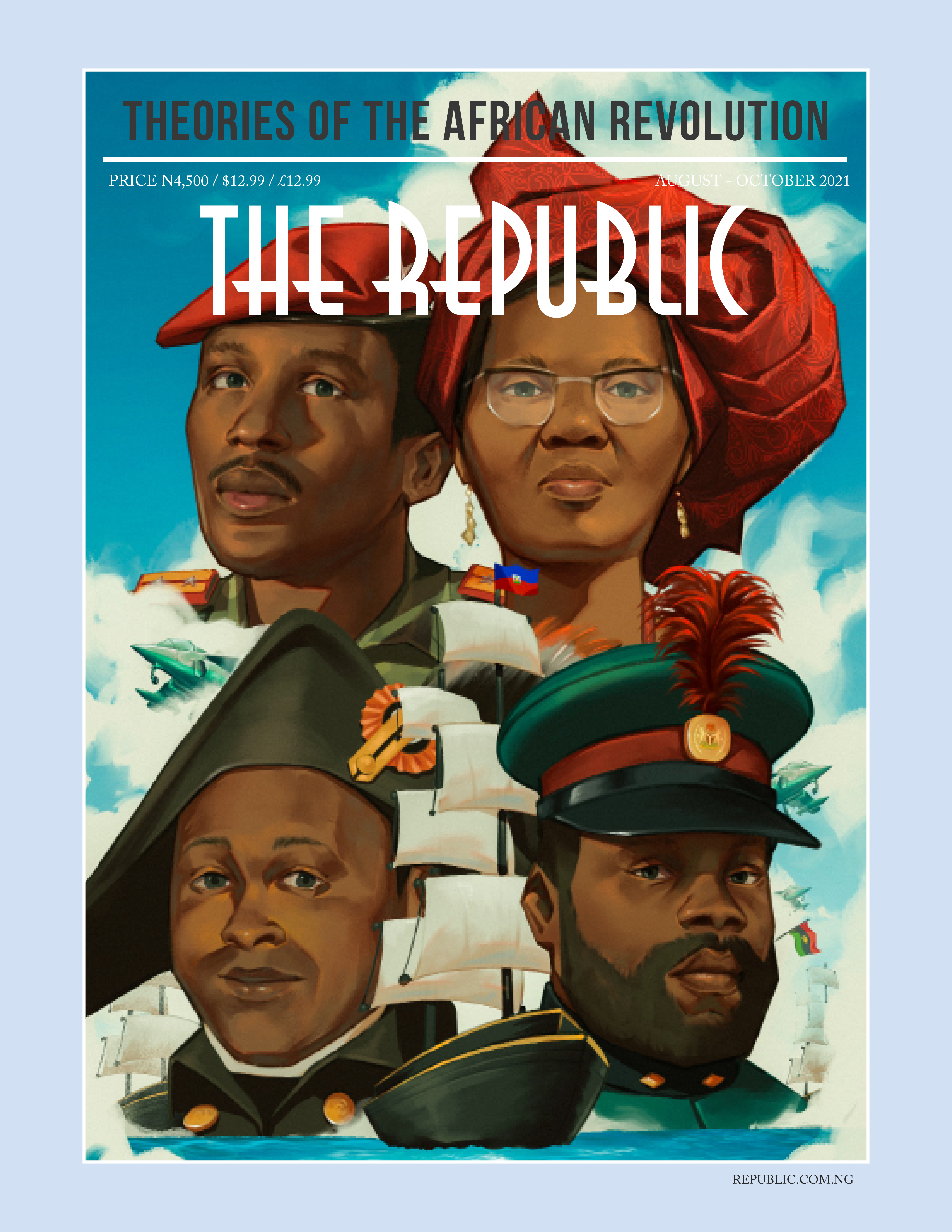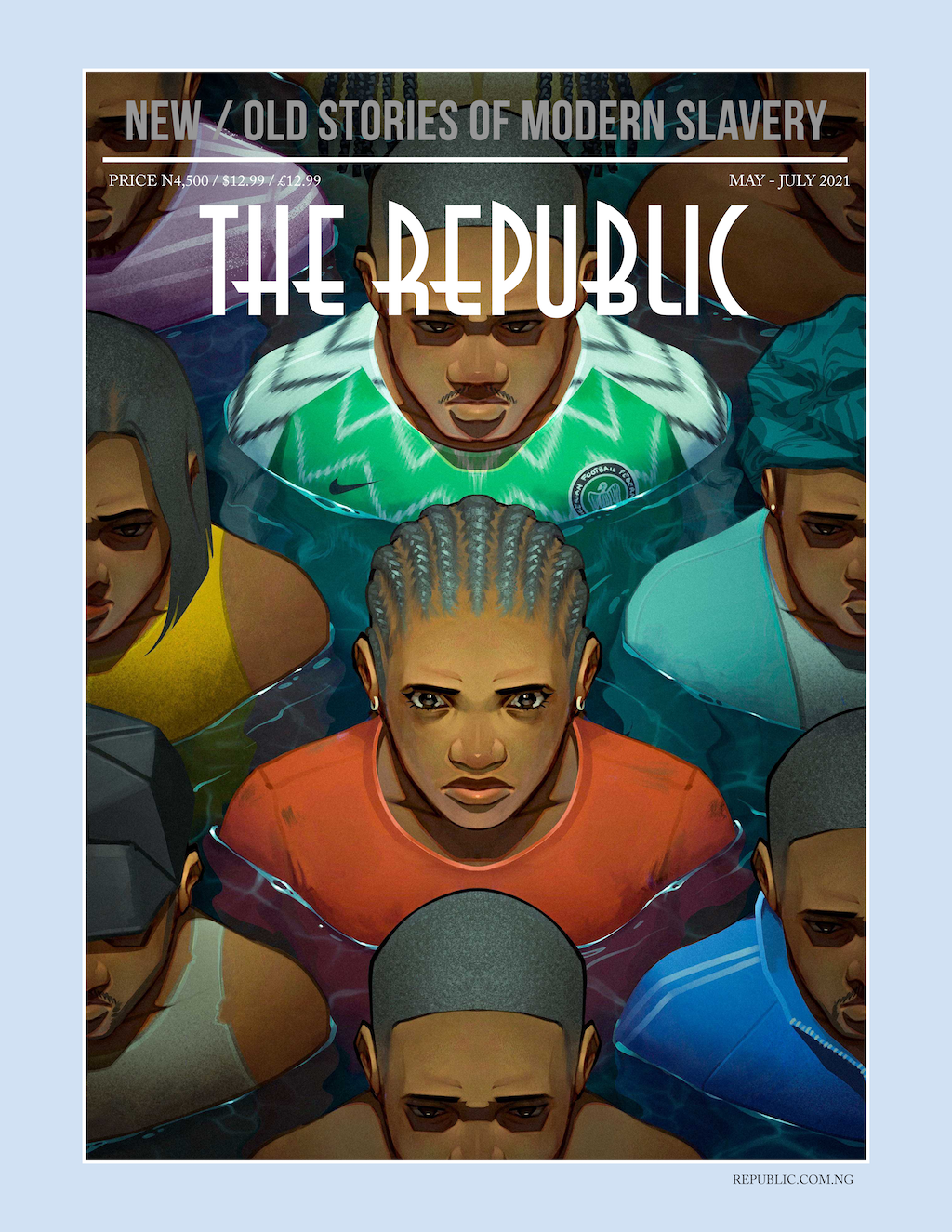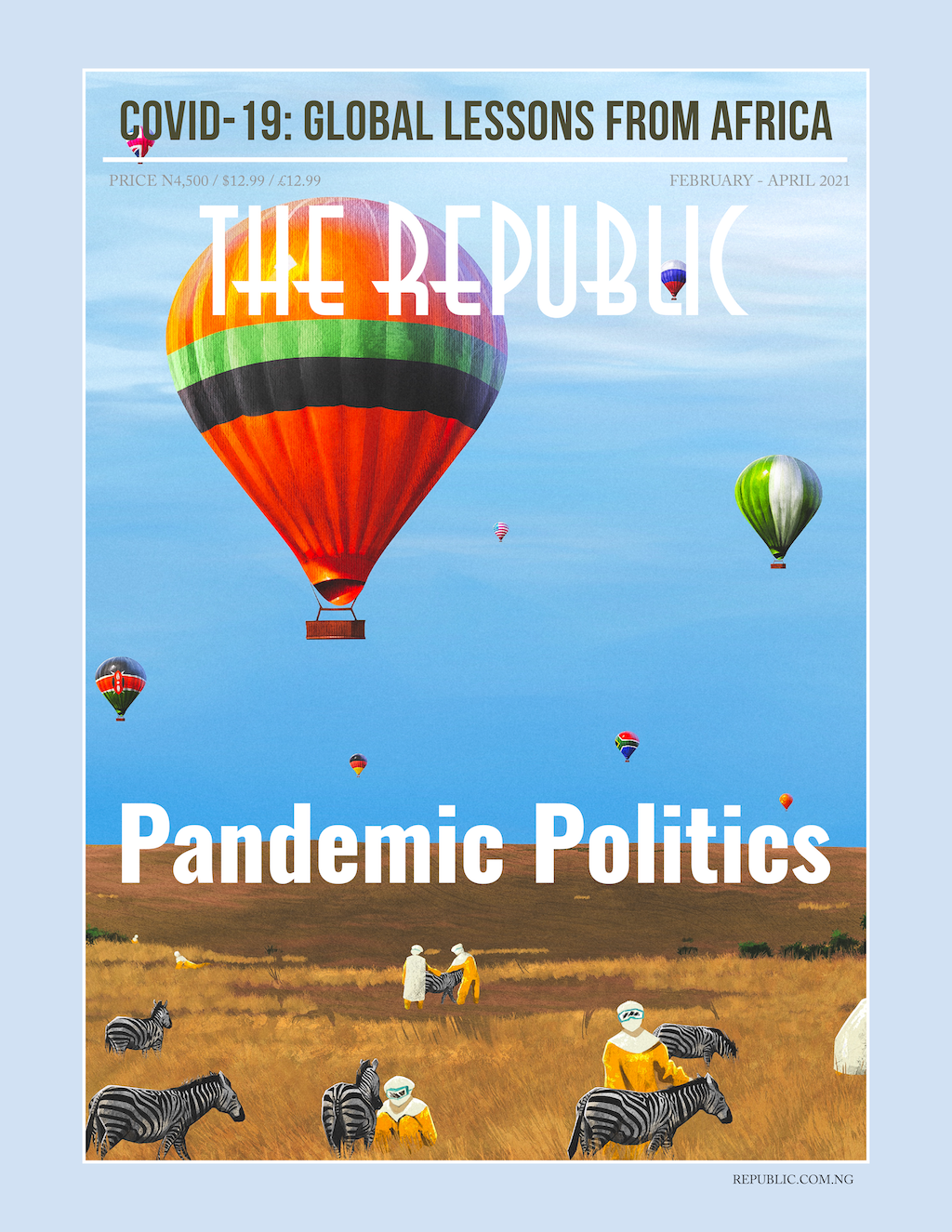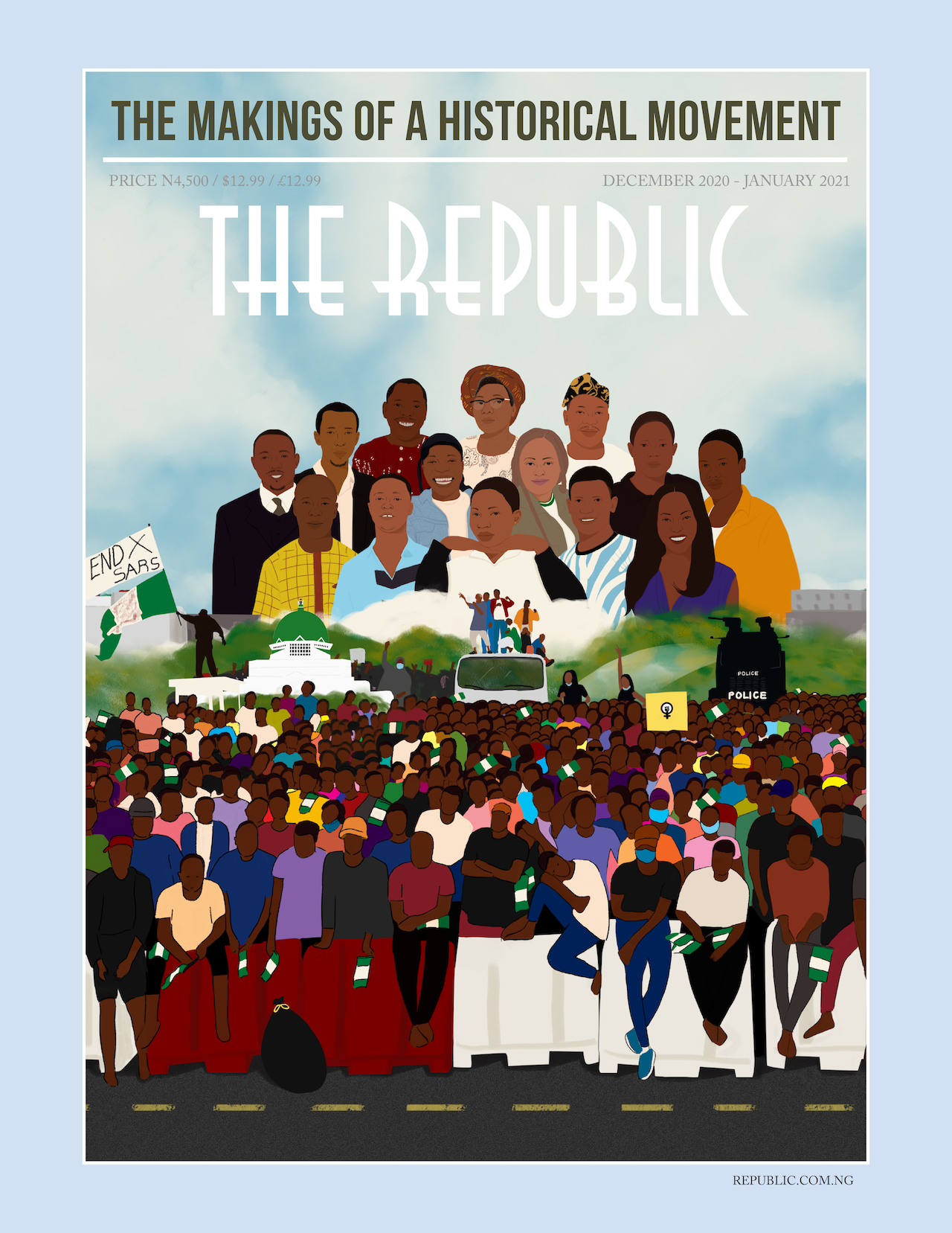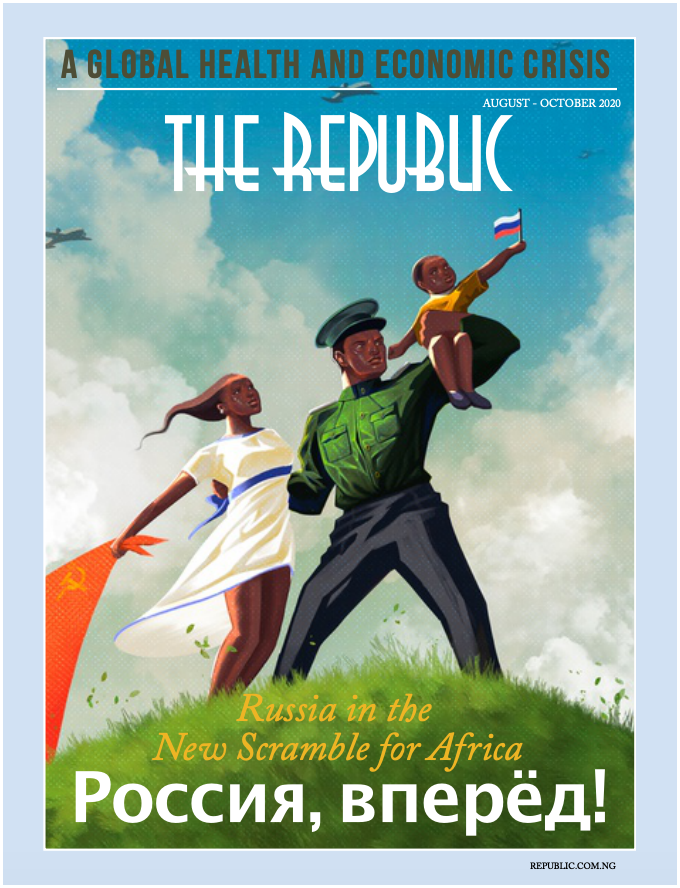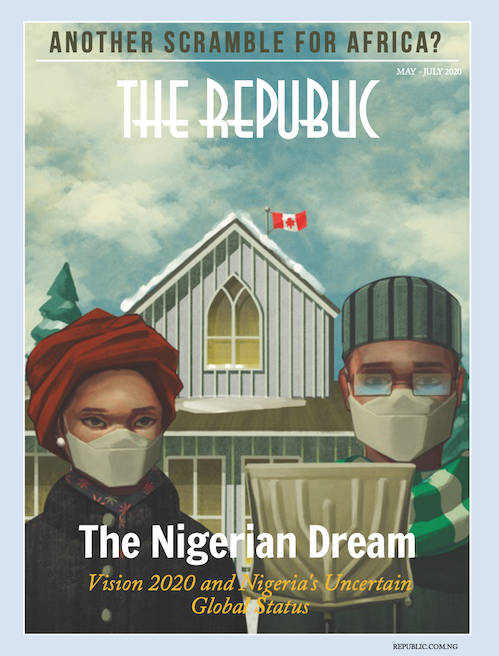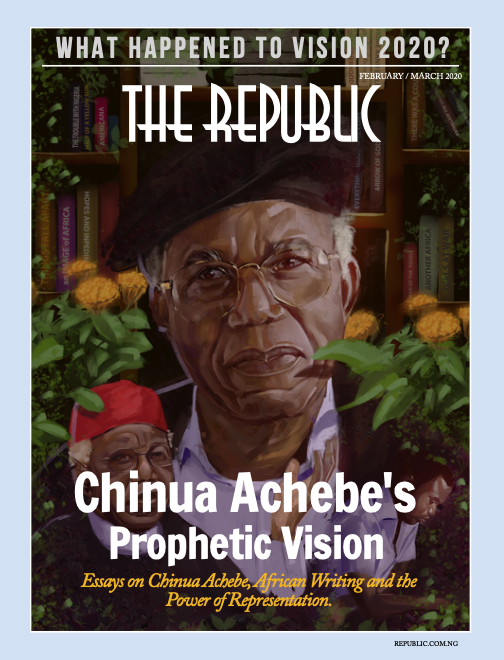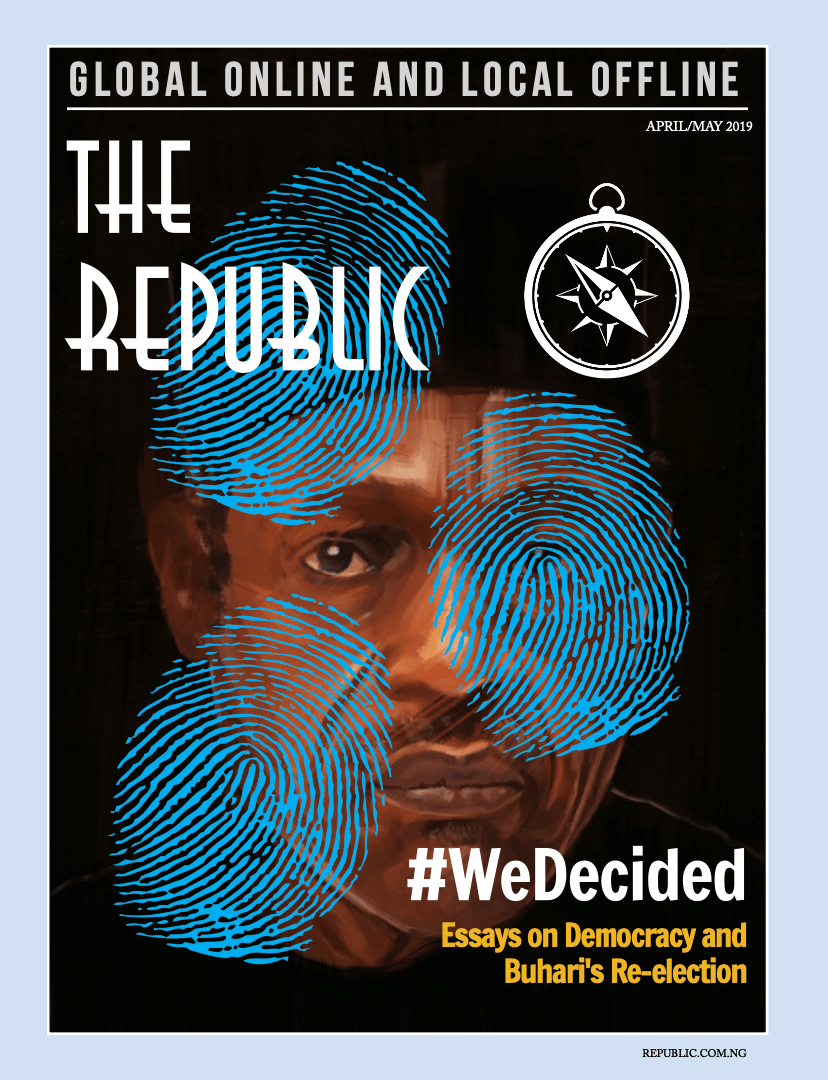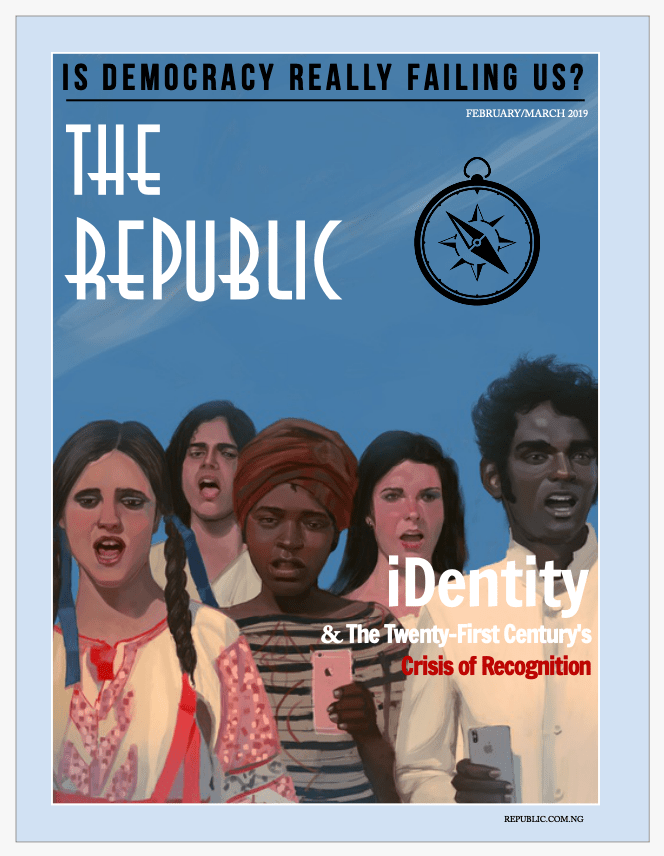Menu
Search
START TYPING AND PRESS ENTER TO SEARCH
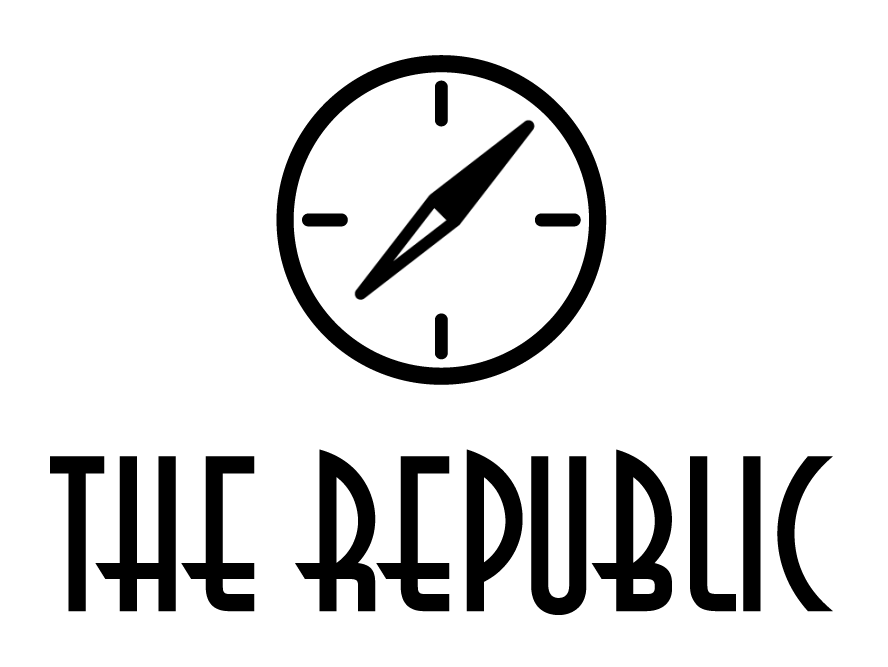
- Home
- Best of 2023
- Countries
- First Draft
- Podcasts
- Shop
- Submissions
- Support
- Archive
- The Republic V3, N1
- The Republic V3, N2
- The Republic V3, N3
- The Republic V4, N1
- The Republic V4, N2
- The Republic V4, N3
- The Republic V4, N4
- The Republic V5, N1
- The Republic V5, N2
- The Republic V5, N3
- The Republic V5, N4
- The Republic V6, N1
- The Republic, V6 N2
- The Republic, V6 N3
- The Republic, V7 N1
- The Republic, V7 N2
- The Republic, V7 N3
- The Republic, V7 N4
- Subscribe
FEATURED PRODUCT
An African Feminist Manifesto
Our latest print magazine, An African Feminist Manifesto, considers the imperatives for Black African feminism(s) in our uniquely uncertain times.
Purchase the magazine, plus more. Readers in Lagos save on delivery fees by visiting any of our stockists.

featured product
An African Feminist Manifesto
Our latest print magazine, An African Feminist Manifesto, considers the imperatives for Black African feminism(s) in our uniquely uncertain times.
Purchase the magazine, plus more. Readers in Lagos save on delivery fees by visiting any of our stockists.

ALL RIGHTS RESERVED THE REPUBLIC © THE REPUBLIC KNOWLEDGE COMPANY, 2016-2024

